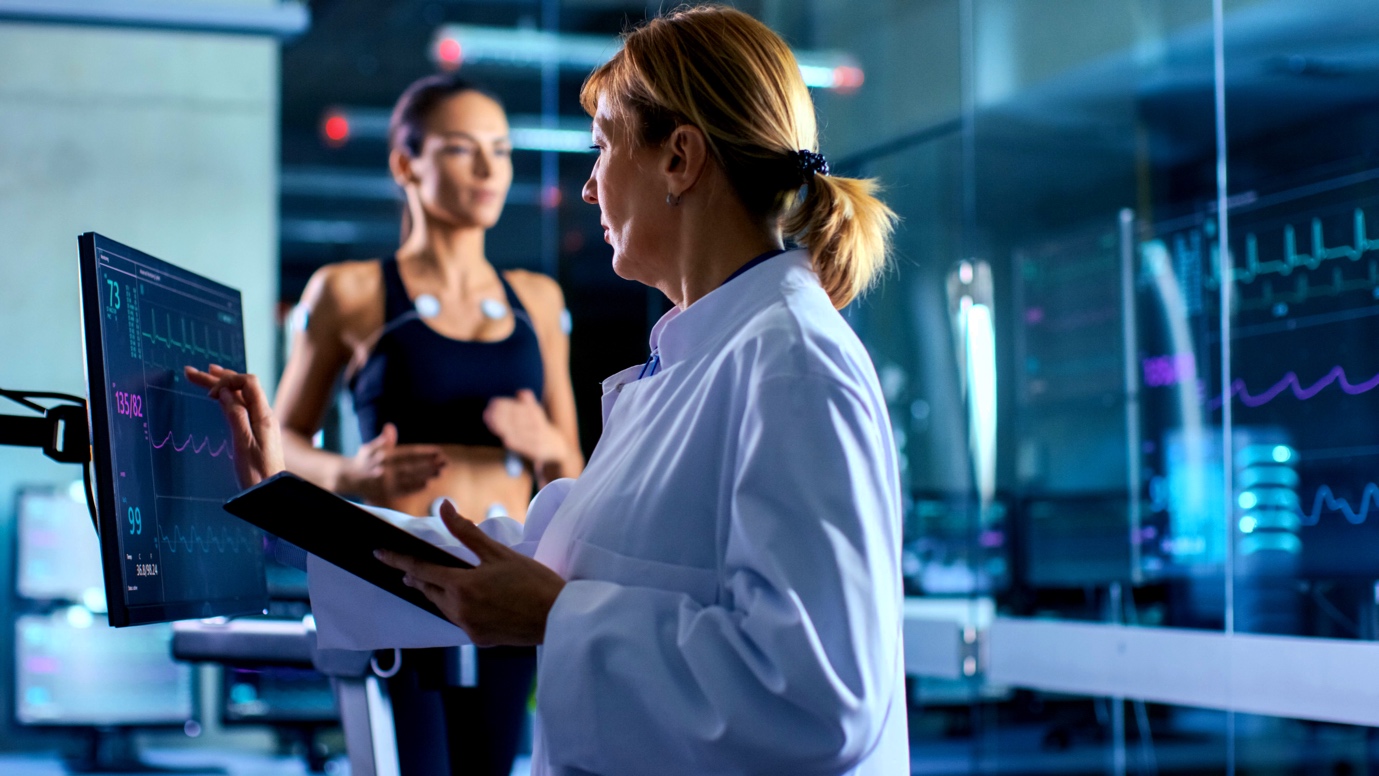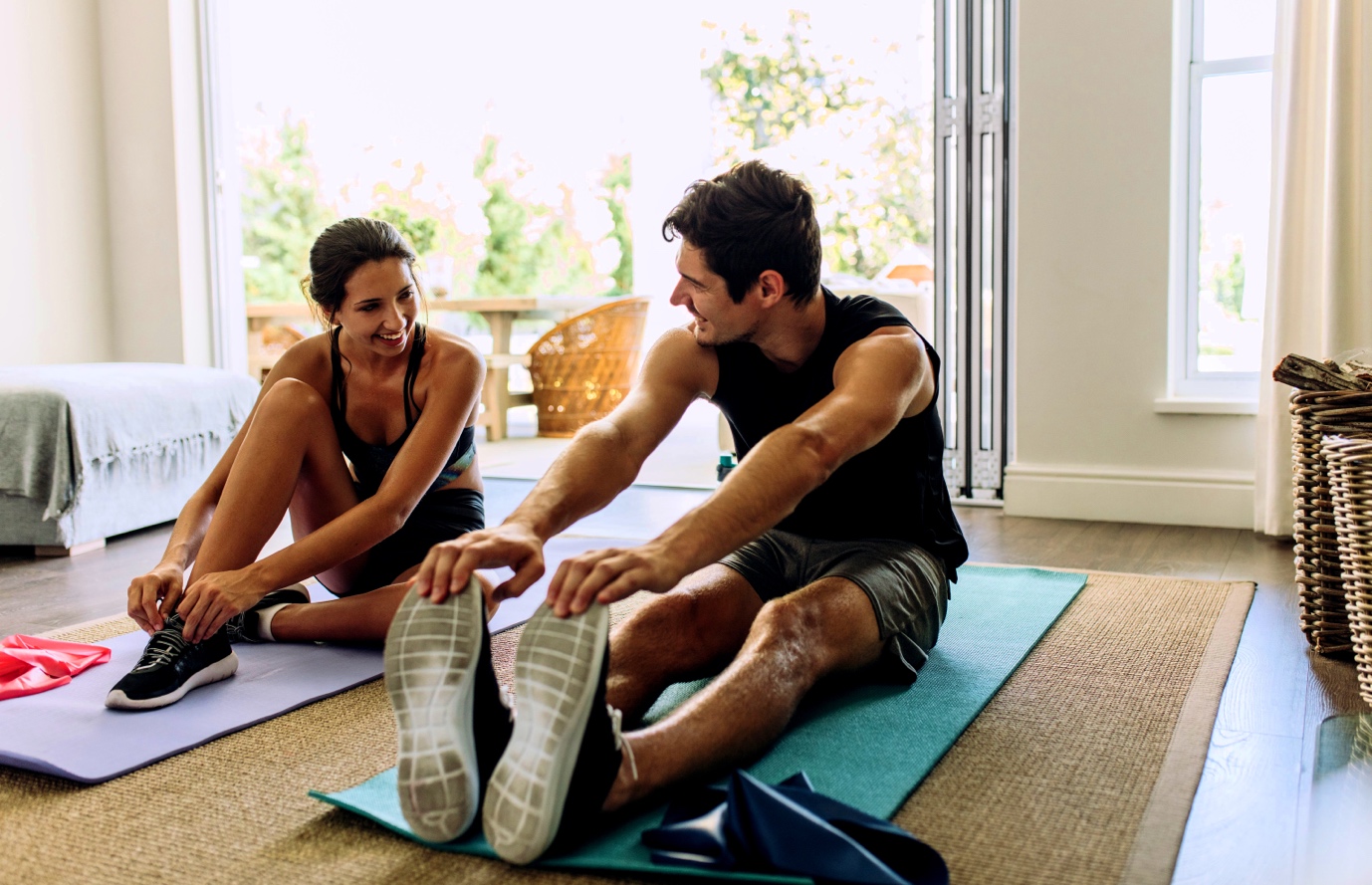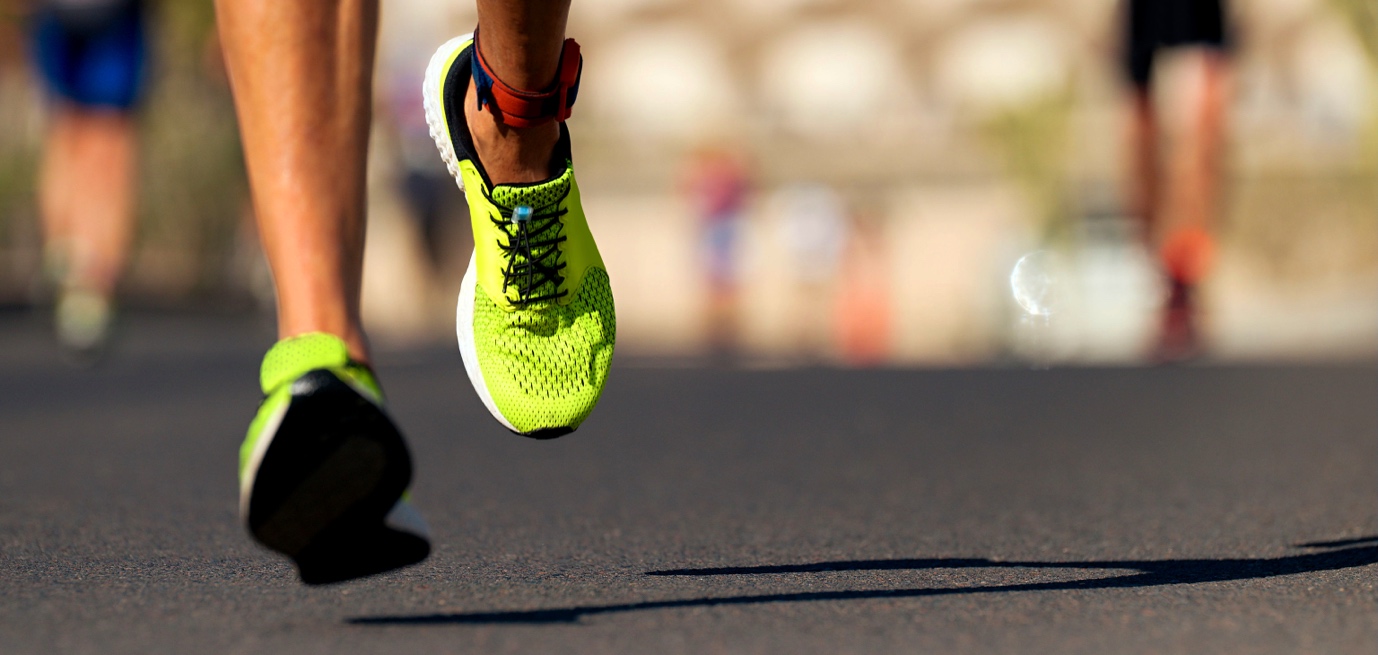©2014-2026 Penscott Management Corporation. All rights not expressly granted herein are reserved. The APO E Gene Online Program™ and the APO E Gene Program™ are part of the APO E Gene Diet®, which is a registered trademark of Penscott Corporation.
Information on this website is intended for informational purposes and is not a substitute for medical advice, diagnosis, or treatment. Learn more.
The human body is built to move but be aware that every individual’s body is unique. Movement and exercise should be based on the current state of one’s health and specific needs. Exercise recommendations should be prescribed in a conscious way for optimal health.
I have been a member of the American College of Sports Medicine (ACSM) since the late 1980s because I value the quality, integrity, and visionary nature of the ACSM’s research.
ACSM was founded in 1954 by a small group of physical fitness educators and physicians who recognized that most health problems were associated with lifestyle choices, especially smoking and lack of exercise. ACSM has over 50,000 members who are certified in the field of sports medicine and exercise science. ACSM promotes and integrates scientific research, education, and practical applications of sports medicine and exercise science to maintain and enhance physical performance, fitness, health, and quality of life for people around the globe.
As a medical professional, I recognize the importance of remaining current on the research and practical guidelines that informs my passionate commitment to preventing and reversing disease. My patients need current information and I want to support them with data that is not only from the forefront of scientific research but also absolutely trustworthy.

Research from ACSM answers questions such as those posed below that are important to me as I guide people towards health and recovery from debilitating disease states.
ACSM's Complete Guide to Fitness & Health: Alzheimer’s Disease
- What is the effect of Alzheimer’s on the brain?
- How does the brain work to regulate daily activities?
- What are healthy approaches to managing Alzheimer’s, diabetes, and heart disease with exercise?
- Does type 2 diabetes impact the risk of developing Alzheimer’s?
- Can physical activity and prevent cognitive decline
- How is Alzheimer’s impacted by nutrition, exercise and the APO E genotype.
When making recommendations to my patients, I can offer my two decades plus experience as a trained exercise specialist as well as the leading-edge research ACSM offers in the areas of nutrition and exercise — most especially as it relates to the APO E gene.
Following general dietary or exercise guidelines can be limiting, and sometimes simply dangerous. One diet does not fit all. Following a diet or exercise program that is not a match for your APO E genotype becomes very serious when you are working to prevent and reverse critical diseases such as obesity, diabetes, mild cognitive impairment, poor heart health, and Alzheimer’s.
Equipped with the research from ACSM and knowing a patient’s APO E genotype, I can provide patients with a customized nutrition and exercise recommendation tailored to their personal needs.
I rely on strong evidence from credible institutions to help guide my patients’ health outcomes.
For example, a recent research study highlighted the physiological adaptation evident when aerobic exercise was followed, and how aerobic exercise can positively and significantly impact cognitive function. The study showed exercise increases a chemistry called Brain-Derived Neurotrophic Factor (BDNF). Think of it as a fertilizer to the brain that can regrow neurons and improve cognitive impairment. Sharing this research with my patients enhances their understanding of why they should consider exercise to improve not only their overall health, but also to lower their risk of cognitive impairment. This is especially important for the 40% of the population that has an abnormal APO E gene, which carries a higher risk of dementia than that of the remaining population.

By tailoring the exercise guidelines and research from the ACSM to the profile and needs of each individual the APO E Gene Program ensures patients’ get the best possible results from their time spent exercising each week. This is not only important for overall individual health, but for also for disease prevention.
What exercise does a person need?
Exercise is dependent upon the individual, their APO E gene, age, sex, current fitness level, and personal goals (for example weight loss, improving heart health, etc.)

Given this information, I can provide each patient with recommendations for a comprehensive exercise program. Each program includes:
- Cardiorespiratory Fitness - aerobic exercise
- Muscular Strength - anaerobic exercise
- Flexibility Training
- Neuromotor Exercise
Definitions
- Aerobic Exercise: ACSM defines aerobic exercise as maintaining an activity that is rhythmic in nature and uses large muscle groups (these muscles are below the waist).
- Anaerobic exercise: Defined by the ACSM as intense physical activity of very short duration, fueled by the energy sources within the contracting muscles and independent of the use of inhaled oxygen as an energy source.
- Flexibility Exercise: Exercise focused on improving range of motion.
- Neuromotor Exercise: This incorporates motor skills such as balance, coordination, gait, and agility training.
Having identified a patient’s genotype and personal profile, I am able to give them F.I.T.T recommendations and clear guidelines with respect to:
1. Frequency - how many times a week to exercise
2. Intensity - how intensely the individual should exercise
3. Type – the exercises best suited for the individual
4. Time – the recommended amount of time for exercise
I get so much satisfaction from seeing patient after patient feeling the benefits of following their customized exercise plan. This is the best motivation for anyone to continue exercising.
Eat Before You Exercise

An important rule for any exercise program: always eat before you exercise. I cannot emphasize this enough.
If you have been diagnosed with an illness, or perhaps you just want to feel better – healthier – please know that it is possible. If you are ready to take a deep breath and walk this path to health and healing – LETS DO THIS TOGETHER.
My team and I are here to support you – contact our office if you are ready to start. (925) 736-8510.
Pam McDonald FNP
Integrative medicine.
APOEgeneProgram.com
Below are published articles for additional information:



